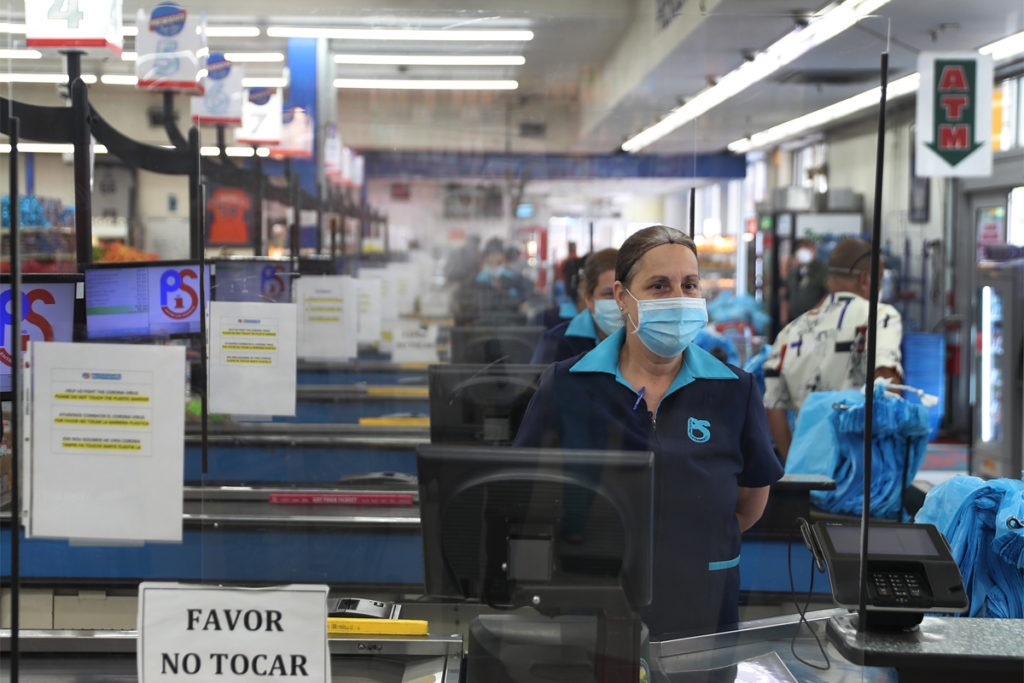Rethinking Work, Revisited

I wanted to go back to what we were talking about two days ago, on the issue of rethinking work in the context of the pandemic. Unlike other employment shortages, it’s pretty clear that in fact what is happening is that workers really are just like “my job was terrible and my life was terrible, why should I have to return to that?”
But another way to look at this is that there is a great reassessment going on in the U.S. economy. It’s happening on a lot of different levels. At the most basic level, people are still hesitant to return to work until they are fully vaccinated and their children are back in school and day care full time. For example, all the job gains in April went to men. The number of women employed or looking for work fell by 64,000, a reminder that child-care issues are still in play.
There is also growing evidence — both anecdotal and in surveys — that a lot of people want to do something different with their lives than they did before the pandemic. The coronavirus outbreak has had a dramatic psychological effect on workers, and people are reassessing what they want to do and how they want to work, whether in an office, at home or some hybrid combination.
A Pew Research Center survey this year found that 66 percent of the unemployed had “seriously considered” changing their field of work, a far greater percentage than during the Great Recession. People who used to work in restaurants or travel are finding higher-paying jobs in warehouses or real estate, for example. Or they want a job that is more stable and less likely to be exposed to the coronavirus — or any other deadly virus down the road. Consider that grocery stores shed over 49,000 workers in April and nursing care facilities lost nearly 20,000.
Economists describe this phenomenon as reallocation friction, the idea that the types of jobs in the economy are changing and workers are taking awhile to figure out what new jobs they want — or what skills they need for different roles.
It’s very clear that conservative states at least are using unemployment insurance as a way to discipline workers back into terrible jobs. But those jobs paid so low that a lot of people are actually going to have other options, some of whom have already worked out those other options. To get people to work in grocery stores and nursing homes again, it’s going to require a) real poverty or b) paying these workers decent wages and treating them like human beings. We know that employers hate the latter idea. So the former it is. We will see if it works for them.
Of course you could always increase immigration as well but then what about my white rights and hearing of the Spanish and my white daughters and the like.


